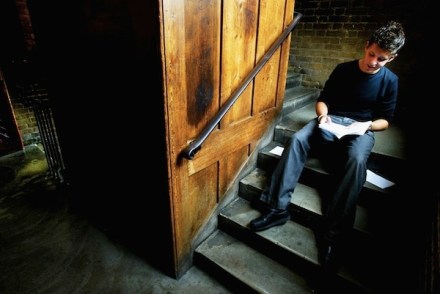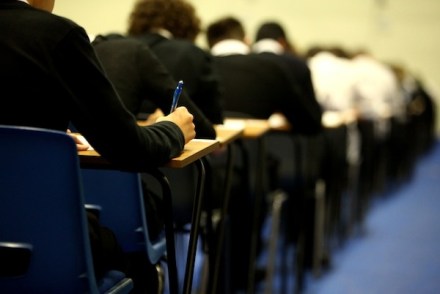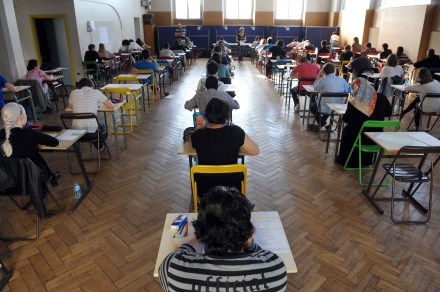GCSE reform details due in coming weeks
Exams regulator Ofqual is due to publish its findings on the gradings in the GCSE English paper today. The afternoon is yawning along, though, and there’s still no sign of the report, so while you’re all waiting with bated breath, here’s an update on the wider picture on GCSE reform. Michael Gove rather shocked the rest of the coalition government earlier this summer when his plan to abolish GCSEs and replace them with a two-tier O level-style exam system appeared on the front page of the Daily Mail. Since then, he and his advisers have been deep in negotiation with the Liberal Democrats on what an acceptable reform might look






